Serbian PM explains what she means by compromise for Kosovo
Prime Minister Ana Brnabic participated late on Monday in the "Serbia in the EU" European Forum held at the Konrad Adenauer Foundation in Berlin.
Tuesday, 13.11.2018.
09:20
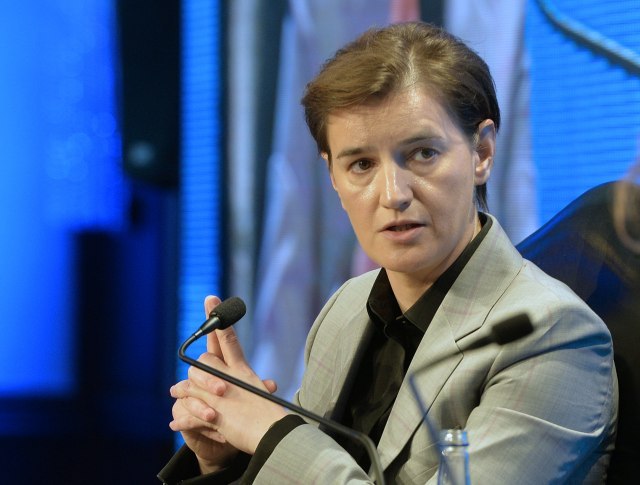
Serbian PM explains what she means by compromise for Kosovo
"If there is anything in which we have continuity, that is certainly Serbia in the EU and we invest a lot of resources, knowledge, time and energy into that goal. It seems to me that we are moving towards that goal relatively quickly, but we should do it faster," Brnabic said.She stated that 2025, as a year of potential entry of Serbia and Montenegro into the EU is a reachable date, but very ambitious, and it does not depend only on us, but on the EU as well.
The prime minister added that she is aware of the scepticism of some EU members towards the enlargement and that she personally understands that and that after two rather unsuccessful or at least very difficult rounds of enlargement, she would also be sceptical about admitting new members.
"That is why it is up to those from the region to show that the reforms are truly implemented and to show to the EU that it will also gain something from the enlargement, that it will get additional peace, stability, security and economic progress," Brnabic underlined.
She pointed out that the process of European integration rests on three pillars - economic progress, public administration and the rule of law.
EU membership strategic goal of Serbia
Economic stability makes the country a reliable partner. Public administration must be efficient, transparent, in the service of citizens and businesses and strong institutions. The rule of law means an effective, responsible judiciary, cooperation with the media and the freedom of the media, the fight against organised crime and corruption, and cooperation with the civil sector, Brnabic said.
She said that Serbia had made the biggest advances in the field of the economy - 85 percent, in the area of public administration reform around 50 percent, and around 30 percent in reforms in the field of the rule of law.
The prime minister recalled that Serbia opened 14 and temporarily closed two chapters, and that it should open several more chapters by December.
Brnabic added that the biggest challenges for Serbia are chapters 23 and 24 that deal with the rule of law, while Chapter 35 on Kosovo is the most difficult question that we will have to solve until we become ready for EU membership and the EU for further enlargements.
The prime minister pointed out that the question of regional cooperation is important not only for our country, but also for the region, conducted through the Berlin Process, initiated by German Chancellor Angela Merkel.
She said that she does not agree with her colleagues from the Western Balkans who insist that the EU say when it will open the doors to new members, otherwise they will turn to the other side.
"This does not apply to Serbia. Serbia does not have a plan B. Serbia knows why it wants to be in the EU," Brnabic said.
She pointed out that for her, the EU is a peace project, which has provided Europe with decades of peace, based on the values we all want to share, but also a project that leads to economic acceleration.
"It is important that we first complete our reforms and then become a member of the EU. If you become a member without being ready, which did happen before, then it is a lose-lose situation for both the Union and the new member," Brnabic said.
She thanked Germany for support to Serbia on its path to the EU, as well as for investments in our country.
Brnabic also pointed out that Serbia and Germany have a completely different opinion on Kosovo and the way in which long-term normalisation of Belgrade-Pristina relations could be reached, but that that disagreement does not mean that we take it amiss, but that we are trying to explain why that normalisation should be different than how Germany imagines it.
The prime minister said that the solution to the issue of Kosovo and Metohija is in a compromise, and that for her a compromise should be found somewhere between the two opposing positions, that Kosovo is Serbia or that Kosovo is independent and that Serbia should just recognize it.
"A compromise is somewhere in between these two sides, but if someone insists that Kosovo is independent and that Serbia should just recognize it, then that will not happen and Belgrade will continue insisting that Kosovo is Serbia," Brnabic stated.
She said that Pandora’s box was opened 10 years ago when Kosovo declared independence in violation of all democratic principles.
"We are trying to close that box and that will be hard. I do not know if it will be possible, I would like to find a compromise and that all of us move forward to the future," she said.
The prime minister underlined that Kosovo is not the same case as Croatia, Bosnia-Herzegovina, Slovenia, or Macedonia, because these were recognized republics within the former Yugoslavia, while Kosovo and Metohija has always been an integral part of Serbia, adding that Kosovo is a difficult and, "above all, an emotional issue."
Brnabic pointed out that Serbia is now in a much different situation than a few years ago, thanks in particular to President of Serbia Aleksandar Vucic, who in his inauguration speech said that when we think about the future of Serbia and the Balkans, we have to open an internal dialogue on Kosovo and on how we want to resolve this issue.
The prime minister also noted that frozen conflict is in no way a good solution as it will always pull us backwards.
Brnabic said that she sometimes feels as if she was locked in a "schizophrenic" politics when at one meeting she speaks about how much Serbia can advance due to the Fourth Industrial Revolution, and then she goes to a meeting dealing with incidents and attacks on Serbs in Kosovo and Metohija.
"That is the politics of the 19th century, and until we resolve this issue, we will be locked between a politics of the 19th century and a politics of the 21st century. So I think the solution is in a compromise," the Serbian PM concluded.
On the second day of the visit, November 13, Brnabic will attend a working breakfast organised by the Kerber Foundation and also meet with Martin Wansleben, President of the Federal Association of German Chambers of Commerce.
After that, she will participate in the Economic Forum organised by the German daily Suddeutsche Zeitung.
The topic of the panel at which Brnabic will speak, together with the prime ministers of Estonia and Iceland, Juri Ratas and Katrin Jakobsdottir, is "Digital Europe: The Vision of Three Countries".
On Tuesday evening, the prime minister will attend a gala dinner organised by the Suddeutsche Zeitung at the German Historical Museum, which will also be attended by German Chancellor Angela Merkel.
Brnabic will wrap up her visit to Germany on November 14 when she will visit the Siemens Training Center together with Minister of Education, Science and Technological Development Mladen Sarcevic.










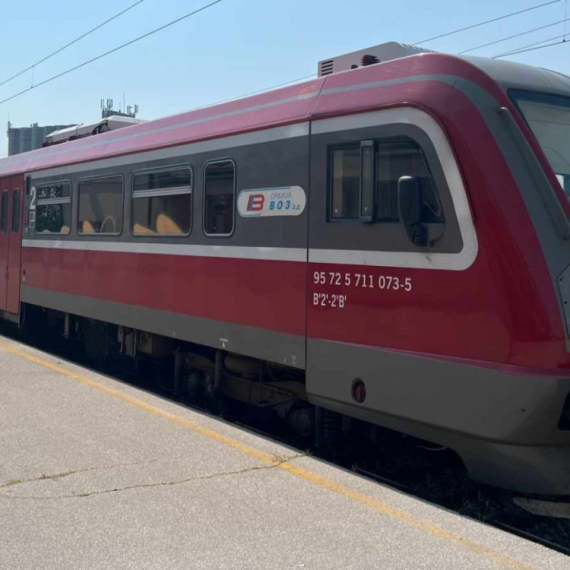



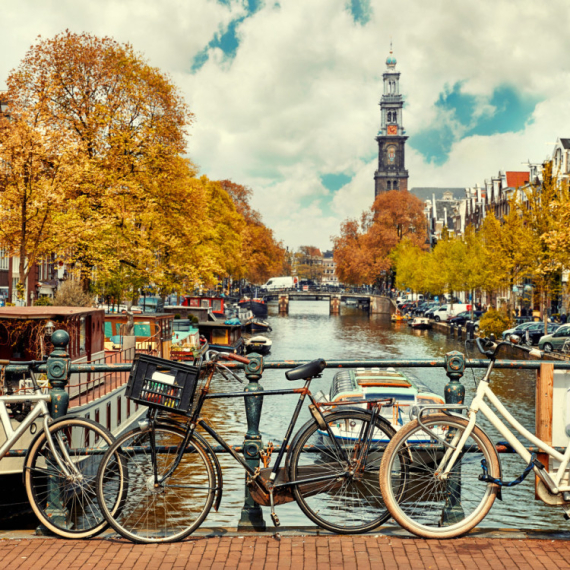

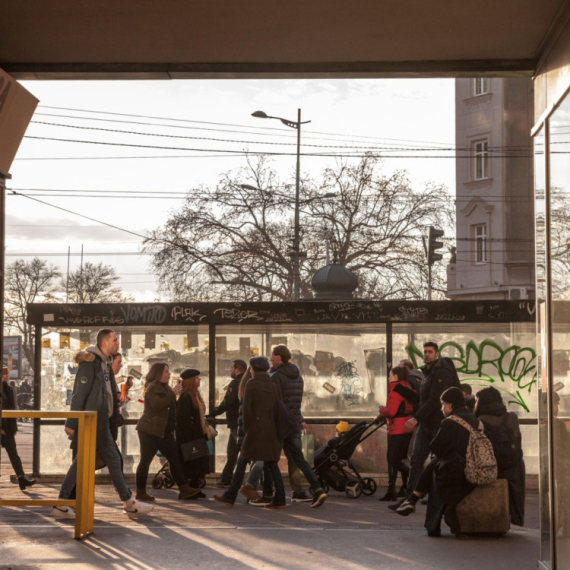
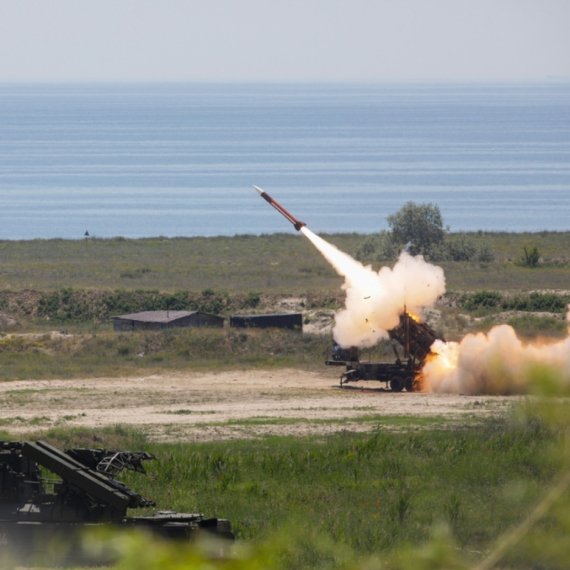
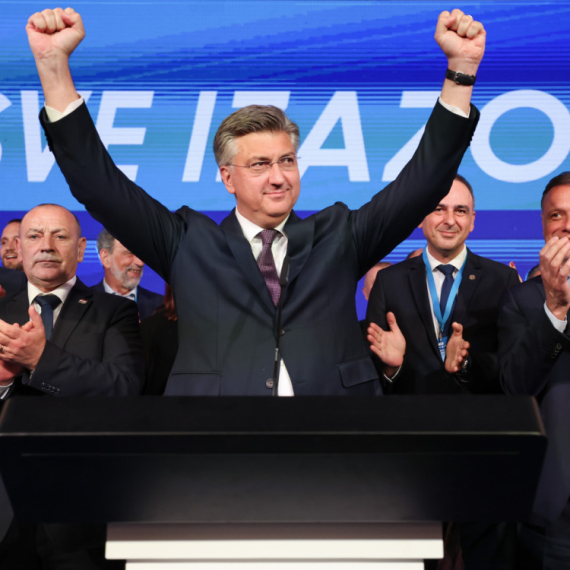
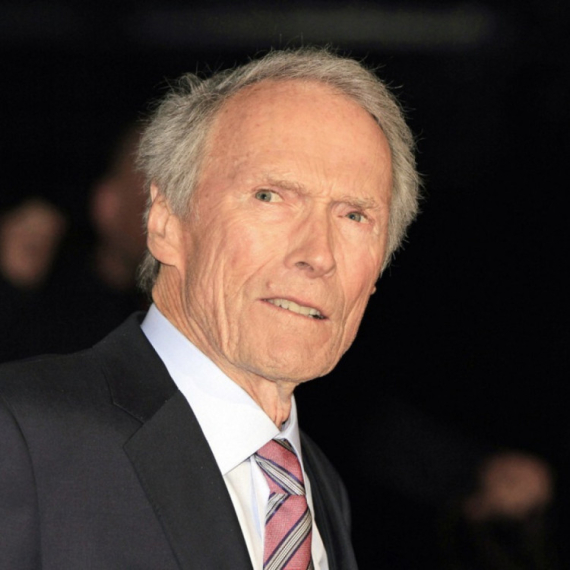
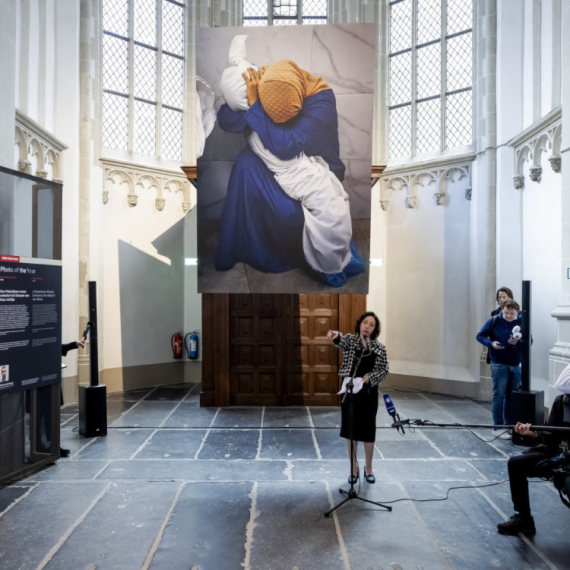

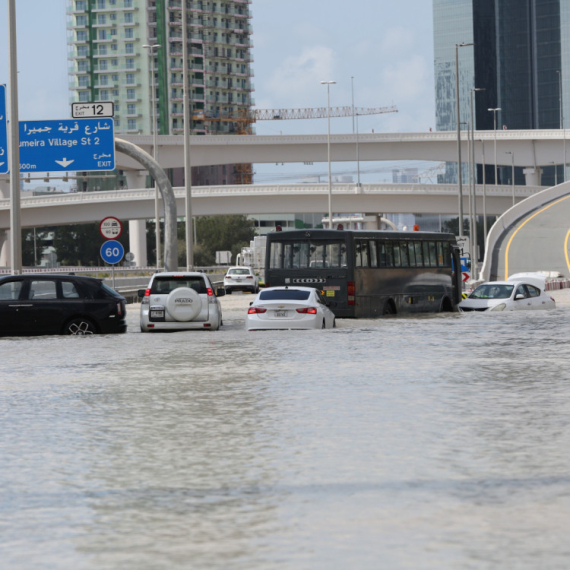



















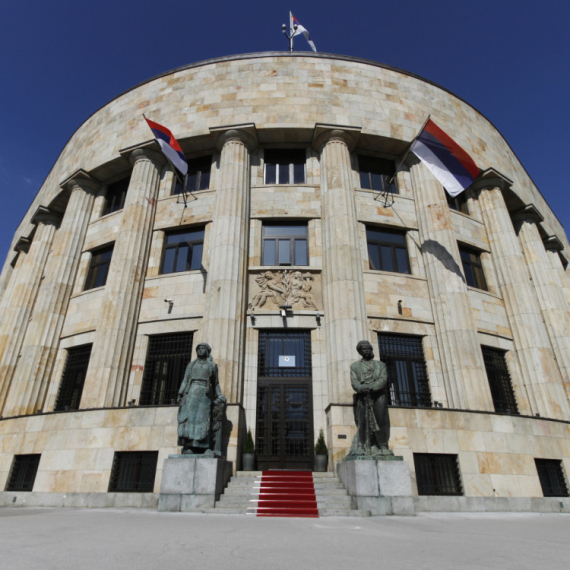













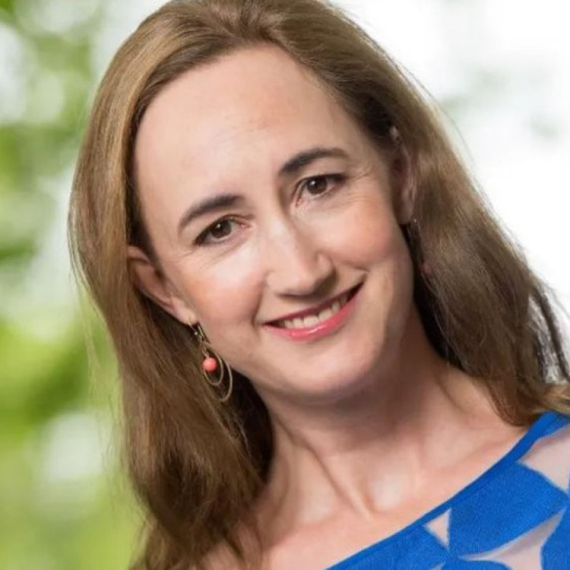
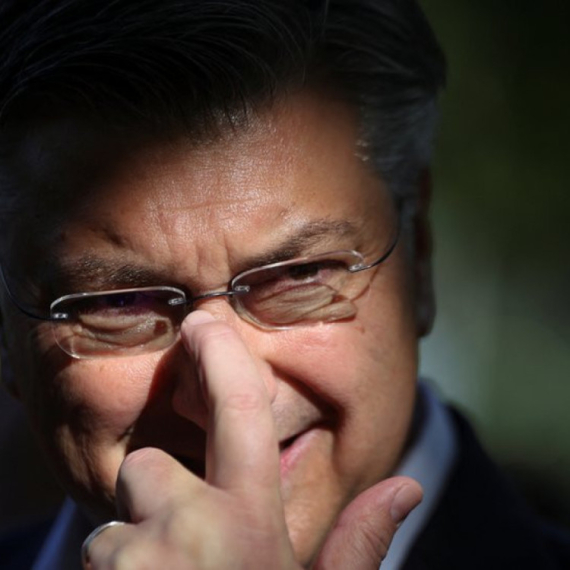
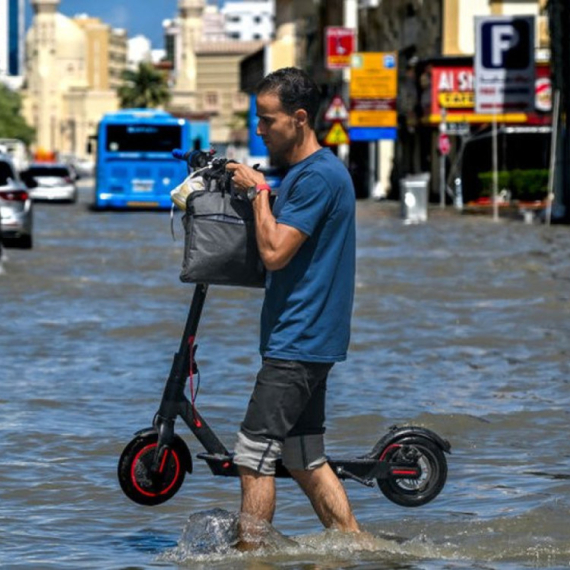

Komentari 16
Pogledaj komentare